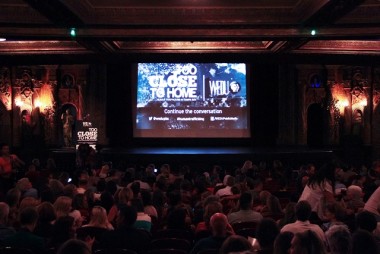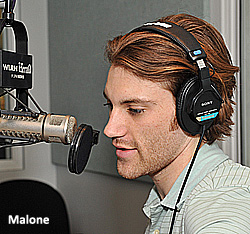Tag: Florida
WEDU debuts doc on troubling local issue that few see in their midst: human trafficking
WEDU's Too Close to Home, which was previewed to a packed theatre before its Sept. 26 broadcast debut, reports personal stories behind a troubling ...Turning the tide of state funding cuts in Florida
Pubcasters and their advocates in the state capital credit the change of heart to help from sympathetic lawmakers, the governor’s willingness to ...Closure, finally, in sale of Palm Beach pubTV station
Eight years after the “For Sale” sign first went up on WXEL-TV/FM, the transaction resolving the future of pubcasting in Florida’s affluent ...Jacksonville to host second centralcast facility for public TV
The pull of economic strains and push of technical advancements continue to spark collaborations among stations, with seven pubTV outlets signing onto ...APMG’s Florida classical station grows west with new FM
Miami-based Classical South Florida, an affiliate of American Public Media Group, is expanding its service to the state’s western coast with the ...After a hard year, NBR investor brings in new management
Rick Ray considered purchasing public TV’s Nightly Business Report earlier this year but last week ended up as its new c.e.o. instead. Atalaya Capital ...Radio joins local probes, ruffles local feathers
WLRN Radio and the Miami Herald have been collaborating on multiplatform news production for eight years, but the investigative-reporting package that they published this ...With WMFE out, there’s a hole in PBS map
WMFE’s sale of its TV station in Orlando, Fla., leaves two smaller public stations reluctant to assume the role of big kid ...Gov’t officials critical of nonprofit Friends units
Nonprofit fundraising arms of the state-owned network in West Virginia and the school-board-operated stations in Miami are under fire as public officials ...Palm Beach station staff pushes out chairman
In a series of dramatic events covered avidly by local news media, the staff of Palm Beach’s public TV/radio licensee last month ...





